Craft Capsule: Lyric vs. Narrative

The author of RENDANG blurs the boundary between narrative and lyric.
Jump to navigation Skip to content
Articles from Poet & Writers Magazine include material from the print edition plus exclusive online-only material.

The author of RENDANG blurs the boundary between narrative and lyric.
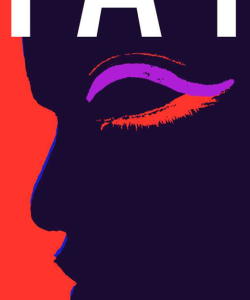
Catherine Hernandez’s Crosshairs, forthcoming from Atria Books on December 8, 2020.

"Writing is part of my life, and life is part of my writing.” —Khadijah Queen, author of Anodyne
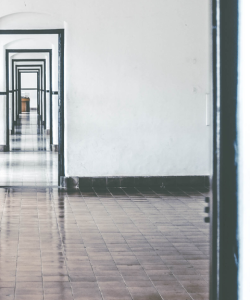
The author of RENDANG imagines poetry as a house with many corridors.
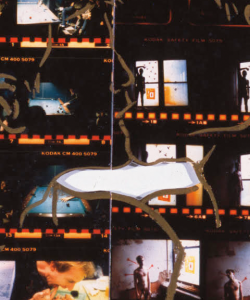
Mattilda Bernstein Sycamore’s The Freezer Door, forthcoming from Semiotext(e) on December 8, 2020. Editor’s Note: This book’s publication date has been changed to November 24, 2020.
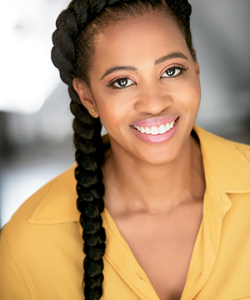
“If you, too, hear the voice of white supremacy ringing in your ear, know that writing is resistance.”
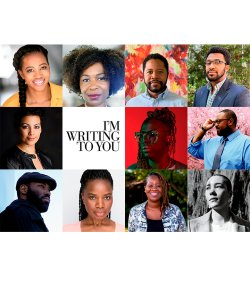
Eleven writers pen letters addressed to fellow Black writers, to their ancestors, to gatekeepers, to members of the media, and to allies, among others.

“The list of what you can’t do is endless because I know how quickly #blackboyjoy can become #sayhisname.”
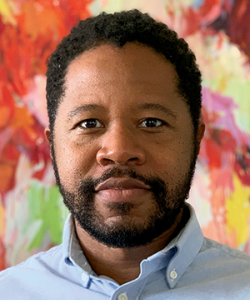
“I fear that this moment will not last long enough.”

“I hope you decide to continue this uproar, as this unprecedented age rolls on.”
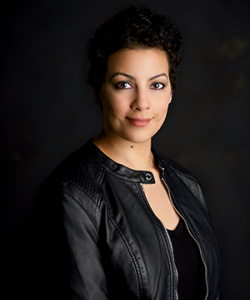
“Telling stories of ourselves that offer not comfort but complexity is the way to maintain an honest dialogue.”
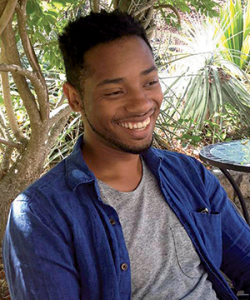
The critic on combining book reviews and cultural criticism, exposing readers to challenging views, and reading multiple books at once.

The owner of the recently opened Harriett’s Bookshop, which specializes in the work of Black and women authors, talks about the arts as a tool for social change and her vision for the store.
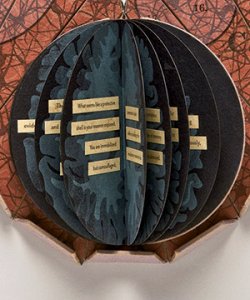
Using a unique fabrication process, Julie Chen constructs beautiful and inventive artists’ books that explore metaphysical ideas.
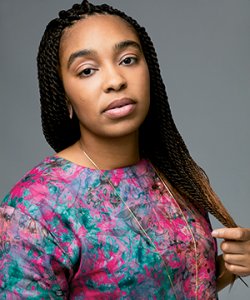
The poet and essayist on her approach to publishing in literary journals and her path to writing her debut poetry collection, Un-American.

The Milwaukee press releases twelve books of poetry, fiction, drama, art, and comics a year and focuses on publishing writers without MFAs or literary connections.

Four new anthologies, including We Want It All: An Anthology of Radical Trans Poetics and Love After the End: An Anthology of Two-Spirit and Indigiqueer Speculative Fiction.
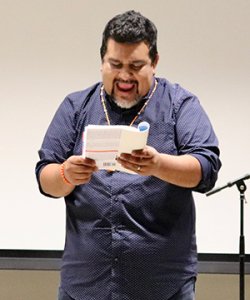
A growing number of creative writing graduate programs in the United States offer dedicated spaces for students to learn and write in Spanish.

The first lines of twelve noteworthy books, including Just Us: An American Conversation by Claudia Rankine and Transcendent Kingdom by Yaa Gyasi.
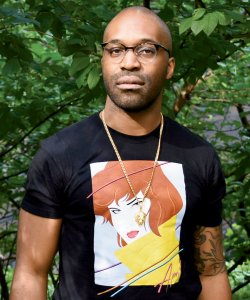
The #PublishingPaidMe hashtag highlights anti-Black bias within the publishing industry and opens up the conversation about how editors determine book advances.
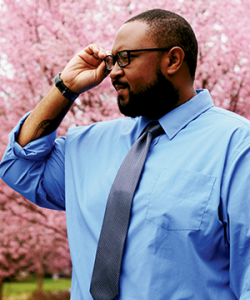
“I continue pushing and trudging through blanketing whiteness so heavy it often obstructs my vision.”
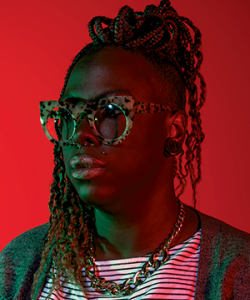
“These acts of solidarity are worthless if you are not consistently supporting and standing up for us every single day.”
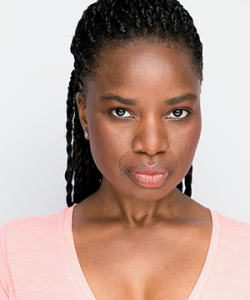
“I would like to be among the crop of Black writers who emerged from the ashes of a torched racist system.”
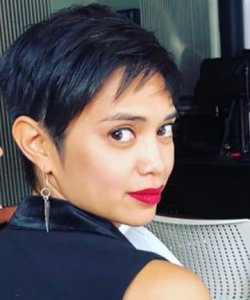
The author describes creating a community-driven workshop where students are not asked to check their politics and identities at the door, and offers a series of questions for instructors to ask themselves before leading a class.
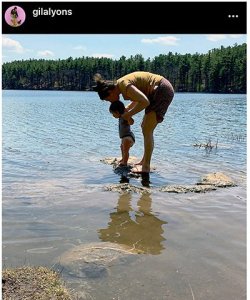
The effects of social media on the creative process—although it can help writers identify and pay attention to the quotidian moments of their lives, does it siphon off their storytelling energy?